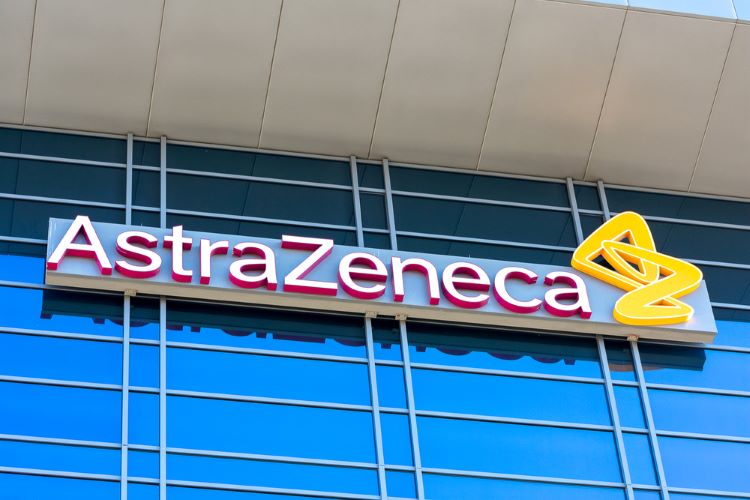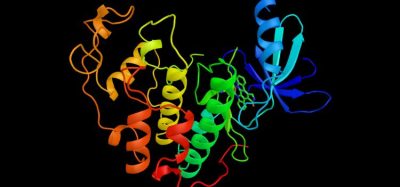AstraZeneca to boost cell therapy operations with $300m manufacturing investment
Posted: 7 February 2024 | Catherine Eckford (European Pharmaceutical Review) | No comments yet
Investment in the US manufacturing facility will accelerate AstraZeneca’s ambition to make next-generation cell therapy a reality, the company asserts.


Credit: Michael Vi / Shutterstock.com
AstraZeneca has announced a $300 million investment in a US-based manufacturing facility in Rockville, Maryland, which will focus initially on T-cell therapies for oncology indications.
The site will launch the company’s cell therapy platforms in the US for critical cancer trials and future commercial supply. The site may widen its focus to support other disease areas, according to AstraZeneca.
How AstraZeneca’s facility will support the advancement and access for cell therapies
This new $300 million investment will accelerate our ambition to make next-generation cell therapy a reality”
“We are incredibly excited that more than 150 new highly skilled jobs are being created to bring our scientific work and therapies to clinical trials which could transform the lives of patients around the world. This new $300 million investment will accelerate our ambition to make next-generation cell therapy a reality, ensuring that we are ready to scale and meet the demands of patients,” Pam Cheng, Executive Vice President of Global Operations & IT and Chief Sustainability Officer, AstraZeneca commented.
Currently, AstraZeneca’s manufacturing sites in the US focus on producing small molecules and biologics, the company highlighted.
The Maryland facility is located within five miles of one of AstraZeneca’s five R&D centres worldwide. The Rockville facility will join AstraZeneca’s global manufacturing and supply network of nearly 30 manufacturing and supply sites in 16 countries.
While the Rockville site is anticipated to generate over 150 new jobs to support its operations, overall, AstraZeneca’s stated that its US manufacturing sites employ over 2,600 full-time employees. This facilitates the delivery of more than nine billion doses of medicines annually.
AstraZeneca is continuing to investment in these medicines, as demonstrated by its acquisition of Neogene Therapeutics in November 2022. During the announcement, Susan Galbraith, Executive Vice President of Oncology R&D at AstraZeneca shared: “This acquisition represents a unique opportunity to bring innovative science and leading experts in T-cell receptor biology and cell therapy manufacturing together [to unlock] new ways to target cancer… and allow us to accelerate the development of potentially curative cell therapies for the benefit of patients.”
Related topics
Anti-Cancer Therapeutics, Big Pharma, Biopharmaceuticals, Drug Manufacturing, Drug Supply Chain, Industry Insight, Manufacturing, t-cells, Technology









